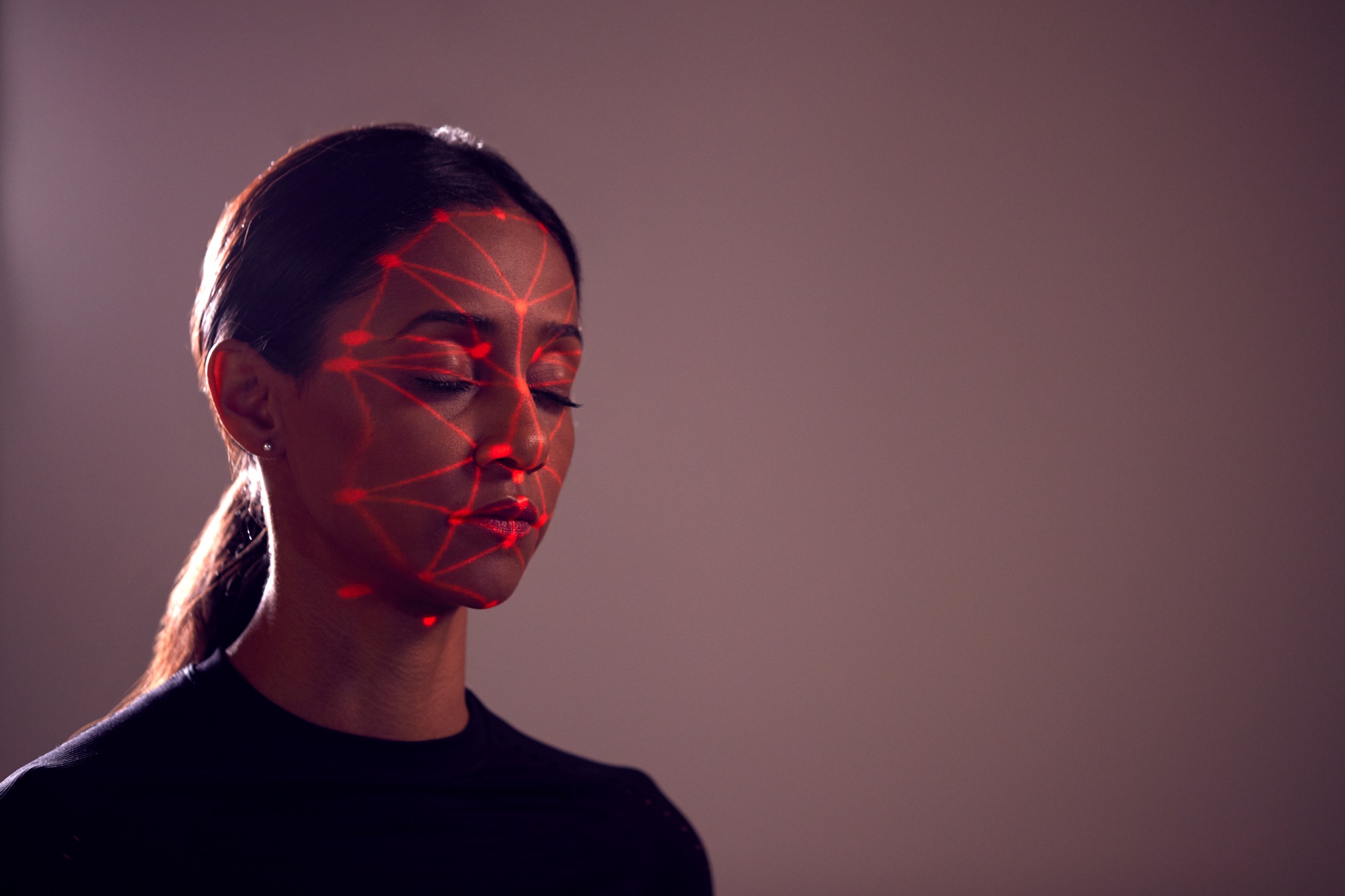Recent debates have intensified around the regulation of facial recognition technology as concerns over privacy and misuse escalate. Experts, activists, and policymakers are raising alarms about the unchecked deployment of these systems, highlighting the need for robust legal frameworks.
Over the past few years, facial recognition technology has become increasingly integrated into various sectors, including law enforcement, retail, and personal devices. While it offers benefits such as enhanced security and convenience, it also raises significant privacy issues and potential for abuse.
In response, a recent letter emphasizes the necessity of implementing stricter regulations to govern how facial recognition data is collected, stored, and used. The authors of the letter argue that current laws are insufficient to address the rapid advancements in this technology, which often outpace existing legal protections.
Impacts of unregulated facial recognition include risks of wrongful identification, racial biases, and mass surveillance, which could infringe on civil liberties. Governments and tech companies are urged to establish clear boundaries to prevent misuse and protect citizens’ rights.
Legal experts suggest that comprehensive regulations should include transparency requirements, limitations on data retention, and oversight mechanisms. Some advocate for a complete ban on facial recognition in certain contexts until adequate safeguards are in place.
As the debate continues, stakeholders are closely watching legislative developments and technological innovations to ensure that facial recognition technology is used ethically and responsibly. Public awareness campaigns and advocacy groups are also playing a vital role in shaping policies.
Next steps involve drafting specific legislation, engaging with communities for input, and establishing international standards. The ongoing discourse indicates that stricter regulation may soon become a priority for policymakers worldwide.
What are the main privacy concerns with facial recognition technology?
People fear invasion of privacy, misuse of data, and wrongful identification, which could lead to discrimination or wrongful arrests.
How can regulations improve the use of facial recognition systems?
Regulations can ensure transparency, limit data collection, and establish oversight, reducing misuse and protecting civil liberties.
What role should government play in regulating facial recognition technology?
Governments should create comprehensive laws, enforce compliance, and work with stakeholders to develop ethical standards for deployment.








